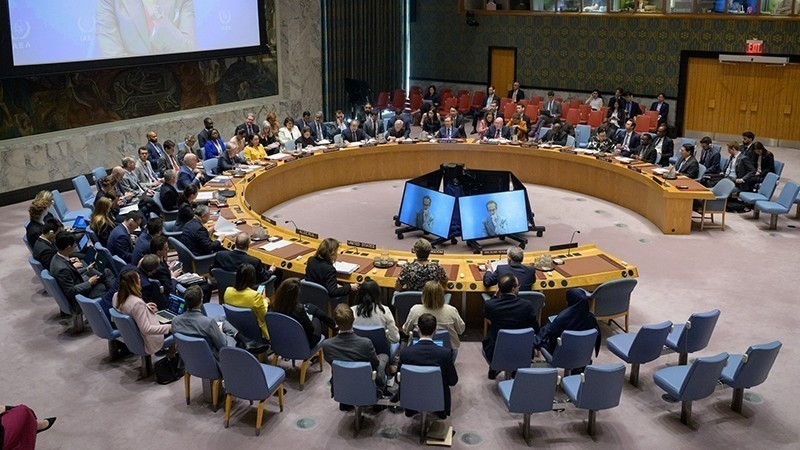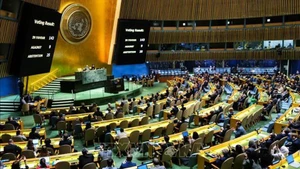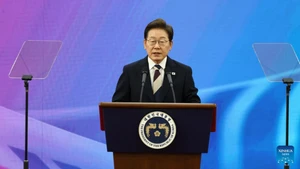Tehran’s relatively unexpected decision, after more than two months of “barring entry” to IAEA staff, has been assessed by observers as a positive move by the Islamic Republic in efforts to defuse tensions relating to Iran’s nuclear programme.
Iranian Foreign Minister Abbas Araqchi announced that the country’s Supreme National Security Council had approved the return of IAEA inspectors to this Middle Eastern nation.
Minister Araqchi said that the inspectors would oversee the refuelling process at the Bushehr nuclear power plant. However, the Iranian diplomat rejected the information of a new cooperation framework between Tehran and the IAEA, affirming that no such document had been agreed. Immediately following Tehran’s announcement, Russia welcomed Iran’s move.
Mikhail Ulyanov, Russia’s Permanent Representative to International Organisations in Vienna, stressed that the resumption of IAEA operations at the Bushehr plant once again demonstrated that Iran is a responsible partner, even after military attacks on civilian nuclear facilities under IAEA supervision.
Meanwhile, IAEA Director General Rafael Grossi confirmed that the IAEA’s first group of inspectors had returned to Iran after more than two months of suspended cooperation. According to him, the IAEA is discussing measures to restart work in Iran, where nuclear facilities had also come under attack.
Cooperation between Tehran and the IAEA was frozen when Iran’s Parliament passed a law suspending cooperation with the IAEA after air strikes by Israel and the US in June, forcing inspectors to leave the Islamic Republic.
Tehran accused the IAEA of siding with the West and required inspections and monitoring of nuclear facilities to be approved by the Supreme National Security Council. However, the Iranian Foreign Minister admitted that Tehran could not completely end cooperation with the IAEA; the return of IAEA inspectors only required a green light from the Supreme National Security Council.
Analysts have assessed this move as a concession made by Iran in the context of the European countries the United Kingdom, France, and Germany (E3), threatening to activate the snapback mechanism – the UN’s sanction measures against the Islamic nation.
European diplomats have speculated that a decision to activate the snapback mechanism could be made as early as this week if Tehran does not fully commit on its nuclear programme. The US State Department also announced the contents of discussions between US Secretary of State Marco Rubio and his counterparts from E3, reiterating the stance that Iran must not be allowed to possess nuclear weapons.
Under Western pressure, Iran’s Foreign Ministry has taken steps to ease tensions, stating that Tehran is fully aware of the negative consequences of restoring UN sanctions.
Iranian Foreign Ministry spokesman Esmaeil Baghaei affirmed that the Islamic Republic had made efforts to prevent the activation of the snapback mechanism by actively negotiating with the E3 group in Geneva (Switzerland), as well as consultations with both permanent and non-permanent members of the UN Security Council. The contacts between Iran and the above-mentioned countries focused on lifting sanctions related to UN Resolution 2231.
While the West accuses Iran of expanding its nuclear programme beyond civilian needs, Tehran has repeatedly insisted the programme is solely for peaceful purposes. The international community hopes that diplomatic and peaceful solutions will be established in Iran, thereby restoring security and stability in the Middle East, which has long been beset by instability.
















